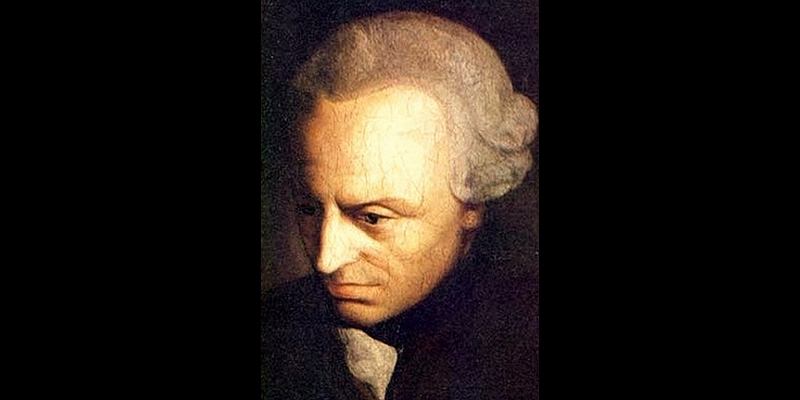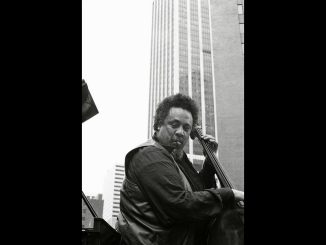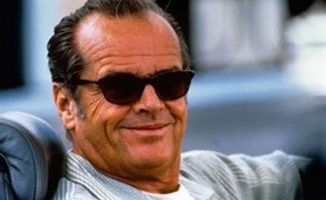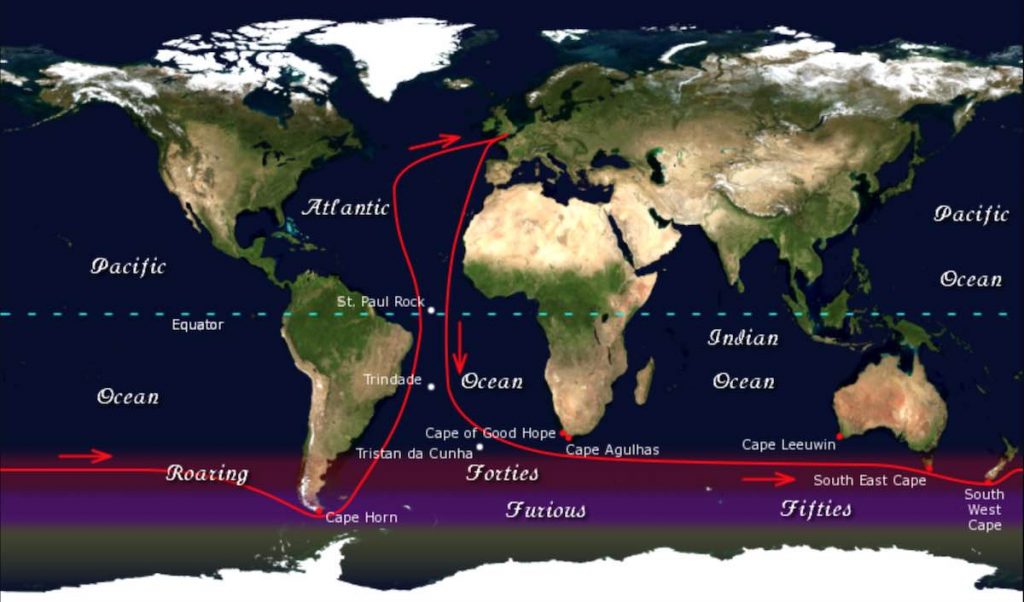300 years ago today, Enlightenment philosopher Immanuel Kant was born in Prussia. This revolutionary thinker saw rationality as inseparable from morality, and Kant’s formulation of humanity, in his famous “categorical imperative,” states that as an end in itself, humans are required never to treat others merely as a means to an end, but always as ends in themselves. READ more… (1724)

The tremendous influence of Kant’s moral thought is evident both in the breadth of appropriations and criticisms it has inspired and in the many real-world contexts in which it has found application.
One of his most famous pen strokes outlined in The Groundwork for the Metaphysics of Morals that one should “act only in accordance with that maxim through which you can at the same time will that it become a universal law.”
Kant believed that morality is the objective law of reason: just as objective physical laws necessitate physical actions (e.g., apples fall down because of gravity), objective rational laws necessitate rational actions. He thus believed that a perfectly rational being must also be perfectly moral, because a perfectly rational being subjectively finds it necessary to do what is rationally necessary.
MORE Good News on this Day:
- The Oklahoma Land Rush began at noon as thousands of homesteaders staked claims (1889)
- Happy 73rd Birthday to British-American rock legend Peter Frampton, known for his double LIVE LP Frampton Comes Alive, and the hit, Show Me The Way (1950)
- Pink Floyd‘s legendary album, Dark Side Of The Moon, set the record for total consecutive weeks on the Billboard 200– 741 weeks over 14 years (1988)
- Japan‘s Prime Minister Junichiro Koizumi apologized for Japan’s war record (2005)
- Sudan banned female genital mutation and made it a crime (2020)
102 years ago, Charles Mingus Jr., one of the greatest American jazz band leaders ever, was born in Arizona. Mingus played the double bass and piano, and composed in a soulful center of hard bop jazz surrounded by influences of gospel, blues, free jazz, and classical music. He was also an extreme man, and wielded a fearsome temper.
By the end of his twenties, he had already performed with Louis Armstrong and Charlie Parker, the latter influencing him enormously with his improvisation. His biggest influence was Duke Ellington, and Dizzy Gillespie commented that Mingus was very similar to a “young Duke.”

As a composer, Mingus released 55 albums, with another two dozen or more as a bass player, an instrument on which he is credited as one of the finest ever to play. None is more stunning than Epitaph, a work so long and complex he called it as such, and declared it was written “for my tombstone.” Wynton Marseilles, noticing a trumpet section, remarked that it looked like something purposely written for an advanced music studies book.
It’s 4,235 measures long, takes more than two hours to perform, and was only completely discovered during the cataloging process after his death. With the help of a grant from the Ford Foundation. Indeed it was first performed 10 years after Mingus’ death, but was a critical triumph.
Epitaph wasn’t the only uncovered gem in Mingus’ collection. In 1993, the Library of Congress acquired Mingus’s collected papers—including scores, sound recordings, correspondences, and photos—in what they described as “the most important acquisition of a manuscript collection relating to jazz in the Library’s history”. (1922)
33 years ago today, the Dave Matthews Band played their first–ever live concert when they appeared at the Earth Day festival in Charlottesville, Virginia.
The South-African-born guitarist/singer-songwriter was bartending at Miller’s bar when he was ‘blown away” by jazz musician LeRoi Moore on saxophone, and approached him, along with local drummer Carter Beauford (left), to record some demo tracks.

DMB’s 1994 debut studio album, Under the Table and Dreaming, brought Matthews and his four bandmates worldwide fame; the LP was eventually certified 6x platinum. The jazzy, melodic jam band later launched their own indie label, Bama Rags, and went on to sell more tickets and earn more money during 2000-2010 than any other act in North America—no kidding. Their 2018 album, Come Tomorrow, debuted at No. 1 on the Billboard 200, making DMB the first band to have seven consecutive studio albums debut on top. WATCH their music-video performance of Satellite, and check out their charity work… (1991)
– Photo shows DMB violinist and backing vocalist Boyd Tinsley with Matthews (right) and Beauford.
The band’s Bama Works Fund established in 1999, has raised over $52 million to support charities and NGOs, handing out over 2000 grants to local and international nonprofits. Matthews has also supported Farm Aid by performing at their annually concerts and serving on the Board of Directors.
During the pandemic, Dave has been performing in his house, streaming the acoustic shows live on various channels, and is featured on SiriusXM (the DMB channel) with his new Live From Home: By Request series.

Happy Birthday to Jack Nicholson who turns 87 years old today. Born in New Jersey, the actor has excelled in genres from satirical comedy to romance to dark portrayals of antiheroes and psychopaths. Working in Hollywood for more than 60 years, he has played the “eternal outsider, the sardonic drifter,” the rebels against social structure – and his 12 Academy Award nominations make him the most nominated male actor in the Academy’s history. Only he and Michael Kaine have been Oscar-nominated in every decade since the 60s.
Among his many memorable performances, including the colonel in A Few Good Men, Nicholson won the Oscar twice, for the 1975 drama One Flew Over the Cuckoo’s Nest and in 1997 for the romantic comedy As Good as It Gets. He also was named Best Supporting Actor in 1983 for Terms of Endearment. (1937)
Today is the 54th anniversary of Earth Day. Created at a time when water and air pollution were out of control—20 million Americans in colleges, schools, and communities observed the first Earth Day.
The movement’s leader, Sen. Gaylord Nelson, directly credited this outpouring of public support for persuading U.S. politicians that environmental issues had a voting constituency. Within two years, the country saw passage of the Clean Air Act, the Clean Water Act, the establishment of the EPA, the ban on DDT, and the reduction of lead from paint. The holiday is now celebrated annually around the globe. (1970)
Also, 54 years ago today, British yachtsman Robin Knox-Johnston became the first sailor to circumnavigate the globe non-stop and single-handedly.

He launched his solo voyage from the British Isles at age 29, in a 32-ft (9.8m) ketch. Despite losing his self-steering gear off Australia, he rounded Cape Horn and several months later arrived back in Falmouth, completing the trip in 312 days. He authored several books and completed his second solo circumnavigation in 2007 at age 68—and is still sailing (and won a trophy at age 75) from his home base in London.
The spark for the idea was a British newspaper announcing a trophy and prize money to the first person who could do it. Nine men set off in the first Golden Globe race—but only this former Navy man completed it, and he was knighted for the accomplishment. Such round-the-world races became a popular adventure sport. “The challenge is just as stiff as it was in my time; the only difference is they know it can be done.” Visit his website to learn more, and WATCH a video about the voyage… (1969)
SHARE the Milestones, Memories, and Music…



















